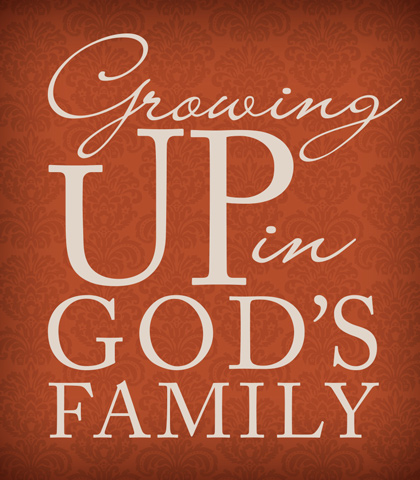Analysis of a Crop Failure
Jesus was the master teacher. Against relentless and hostile opposition, and in spite of many who followed Him for all the wrong reasons, He spoke with wisdom and taught with skill. Among the methods He preferred to use, the parable was one of His favourites. By placing a familiar and simple word picture before His audience, Jesus was able to draw out profound analogies that have intrigued even the brightest minds for centuries.


